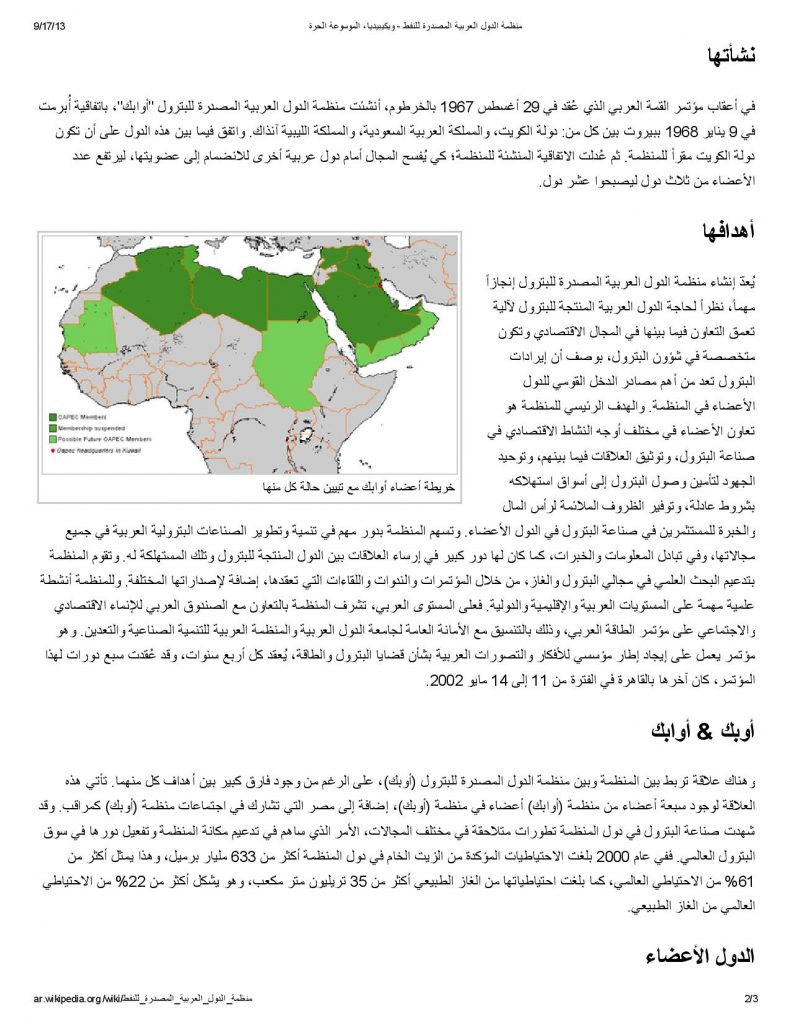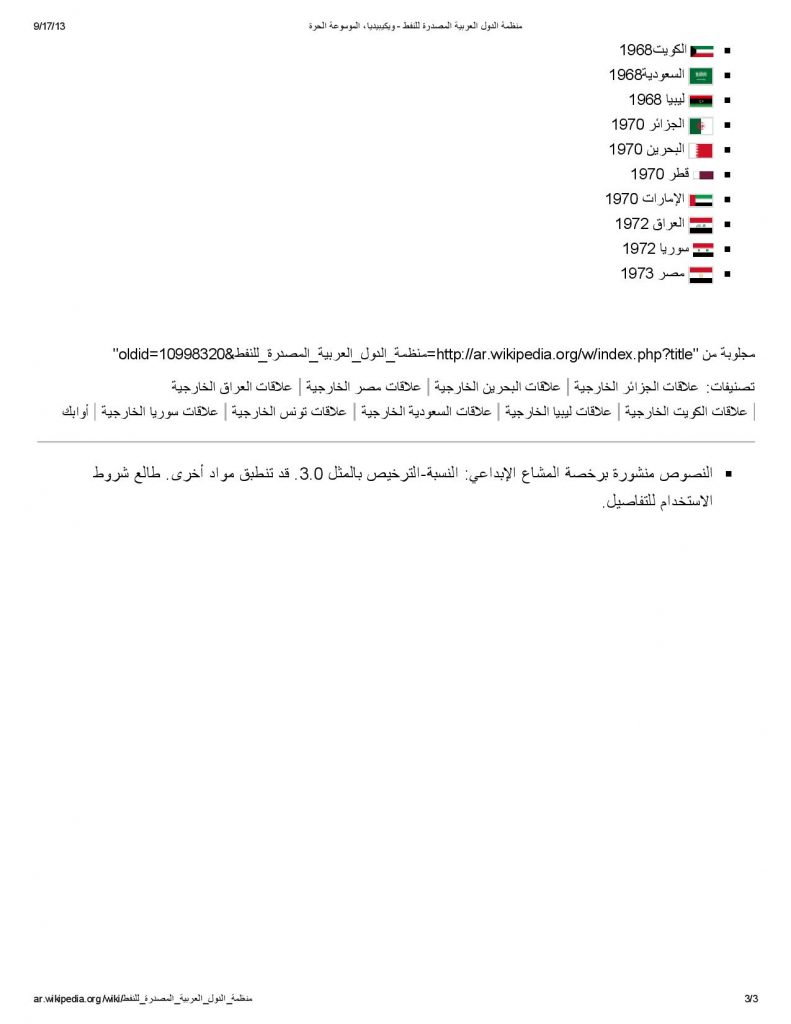




اسم الفاعل ‘Active Participle’
As you are aware, a word with the pattern known as اسم الفاعل may be a noun, such as
عمّال- عامل qualities, such asناضج ‘mature’, and may have the characteristics of a verb. This last, sometimes referred to as اسم فاعل يعمل عمل الفعل ‘a participle with verbal force (henceforth APV)’, will be the subject of this note. We will discuss its structure (what the constructions it occurs in consist of) and its functions (the role it plays in the sentence).
1. خصائص اسم الفاعل ‘properties of APV’
Like verbs, APV has tense and aspect (see Lesson 4, Grammar note 2), and, like the verb from which it is derived, it takes a subject and objects, may take a specific preposition, and is modified in the ways verbs are modified (by adverbs and adverbial expressions of place, time, manner, degree, purpose, cause, specification, حال , absolute object, etc.).
Subject of APV.
Like a verb, an APV’s subject (actor or agent), which may be a noun phrase or clause, may precede or follow it. It normally precedes but it is known to follow in the following cases,
a. in interrogative sentences,
أقادم أخوك على هذه الطائرة؟ Is your brother returning on this plane?
b. in نعت سببي
المرأة الجالس ابنُها معها من بلدنا The woman whose son sits next to her is from our country.
c. when the subject is a noun clause.
مستحيل ان نجيد لغة في مدّة قصيرة كهذه It is impossible to master a language in such a short time.
Object of APV.
Like with the verb from which it is derived, the object may be a pronoun, a noun, phrase or clause, direct or indirect, with or without a preposition. When the object is a noun,
a. it may follow directly in the accusative case,
ابحثْ عن رجل لابسٍ قميصا ً ازرق Look for a man wearing a blue shirt.
ليبيا من الدول المصدّرة بترولـَها الى امريكا. Lybia is one of the countries that export its oil to America.
(the pronoun object is attached as a suffix),
لا يحترم هذا الحزب ولا مشايعيه. He does not respect his party or its supporters.
If that object is a pronoun, and the APV is or has to be indefinite (as when it is حال ), the pronoun is attached to إيّا
قال هذا الكلام محذ ّراً إيـّانا من عواقب الأمور He said those words warning us of the consequences.
b. it may be preceded by the preposition لِ
الكويت من الدول العربية المـُصدّرة للبترول Kuwait is one of the Arab countries that export oil
c. it may follow as a مضاف اليه in an اضافة in which it serves as مضاف ,
دارسو اللغةِ العربية كلـّهم من الأجانب Those who study Arabic are all foreigners.
It is important to note here that unlike adjectives, an APV never takes its subject as its
مضاف اليه .
d. it must be in the accusative if separated from the APV,
حضروا حاملين اليكم أخباراً سارَة They came carrying good news to you.
2. وظائف اسم الفاعل ‘functions of APV’
APV may function as,
a. subject of a verbal sentence or of a verbal noun, and subject or predicate of a nominal sentence.يواجه دارسو اللغة العربية بعض المشاكل Those who study Arabic face some problems.
قليلو الحظ كثيرون. Those who are unlucky are numerous.
عودة حاملي الشهادات العالية لم تعد ممكنة. The return of those who carry high degrees is no more possible.
b. object, object of a preposition, or object of a verbal noun
قابل حاملي جوازات السفر He met those who carry passports.
ا Get in touch with those who live in the neighborhood.
إهمال حاملي الشهادات العالية لم يعد ممكنا ً Neglecting those who carry high degrees is no more possible.
c. as modifier of nouns, sometimes translated as relative clause
الجبال المحيطة بهذه القرى جبال عالية The mountains surrounding those villages are high mountains.
البنت الصغيرة الماسك ابوها يدَها تتكلّم العربية The young girl whose hand her father is holding speaks Arabic.
d. in expressions headed by من التبعيضيةlike من الواجب ، من المستحيل (see lesson 3, Grammar Note 1)
من المستحيل ان يكونوا غارقين في نومهم حتّى الآن. It is impossible that they are still deep in sleep until now.
e. as حال
عاد حاملا ً رسالةً من أخيه He returned carrying a letter from his brother.
لغرض: حروف جرّ مركـّبة ‘Compound Prepositionals’
Let us examine the last sentence in the Basic Text. A short version of it is as follows:
عقدت المؤتمرات … لغرض النموّ …
Breaking this down into simpler sentences, we come up with the following two sentences with the same meaning:
عقدت المؤتمرات … والغـَرَضُ من ذلك/غـَرَضُ ذلك ( ايْ (من) عَقـْد المؤتمرات) النموّ ُ…
What is happening here is that we are forming a prepositional phrase made of لِ + غرض
( it can also be ب + غرض) to express the idea of ‘with the purpose of’. Of course, this is equivalent to saying بغرض انْ ينموَ . The same happens in the case of:
لم يحضر الاجتماع بسبب مرضه (= بسبب أنّه مريض) لم يحضر … وسبب ذلك مرضُه =
He did not take the exam for the reason that he was sick or something like that.
This useful process, which is quite similar to English, takes place with a number of nouns like غرض and سبب . With انْ we have : بهدف أنْ ‘with the goal to/of’, في سبيل أنْ ‘so that, in the interest of’, بشرط أنْ ‘on the condition that’, and by extension, من غير أنْ ‘without’. With انّwe have: على اساس أنّ ‘on he basis that’, بحُجـّة ِ أنّ ‘on the grounds that’, على فـَرضِ أنّ ‘on the assumption that’, على اعتبار أنّ ‘considering, on the consideration that’, لدرجة أنّ ‘to the extent that’ and others.
